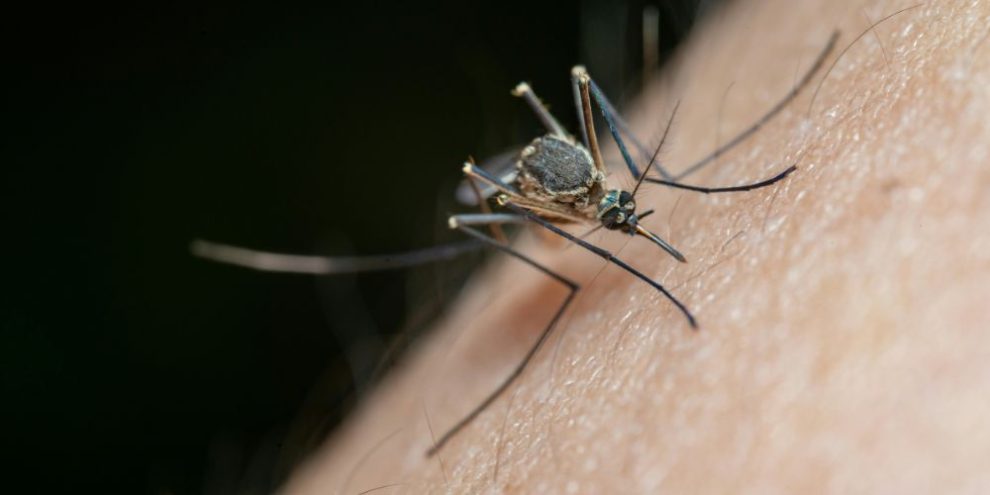
The Simcoe Muskoka District Health Unit (SMDHU) has confirmed new West Nile virus (WNv) activity in the region, with a second mosquito pool testing positive in New Tecumseth and an infected bird identified in Barrie. These findings follow earlier positive tests in Bradford West Gwillimbury and New Tecumseth in July.
While no human cases have been reported in Simcoe-Muskoka so far in 2025, public health officials warn that increased virus activity among birds and mosquitoes raises the risk of transmission to humans.
How West Nile Virus Spreads
West Nile virus circulates between birds and certain mosquito species. Humans can contract the virus through the bite of an infected mosquito—one that has previously fed on an infected bird.
Surveillance and Prevention Efforts
SMDHU continues to monitor mosquito populations across the region by setting traps and inspecting larvae in targeted areas. When positive results are found, enhanced surveillance measures are implemented.
To reduce the risk of infection, residents are urged to take the following precautions:
- Use Health Canada-approved mosquito repellents as directed
- Wear light-coloured, long-sleeved clothing in mosquito-prone areas
- Avoid outdoor activity at dusk and dawn when mosquitoes are most active
Barrie's News Delivered To Your Inbox
By submitting this form, you are consenting to receive marketing emails from: Central Ontario Broadcasting, 431 Huronia Rd, Barrie, Ontario, CA, https://www.cobroadcasting.com. You can revoke your consent to receive emails at any time by using the SafeUnsubscribe® link, found at the bottom of every email. Emails are serviced by Constant Contact
Know the Symptoms
Although most people bitten by an infected mosquito won’t become ill, West Nile virus can cause serious health issues in some individuals. Symptoms may include:
- Fever and muscle weakness
- Stiff neck and confusion
- Severe headache and sensitivity to light
In rare cases, WNv can lead to neurological complications. Anyone experiencing symptoms should seek medical attention promptly.
Reporting Dead Birds
Residents who come across dead birds can report them to the Canadian Wildlife Health Cooperative at 1-866-673-4781.
For more information on West Nile virus and how to protect yourself, visit smdhu.org/WNv or contact the health unit at 705-721-7520, ext. 8811 (toll-free 1-877-721-7520), weekdays from 8:30 a.m. to 4:30 p.m.




